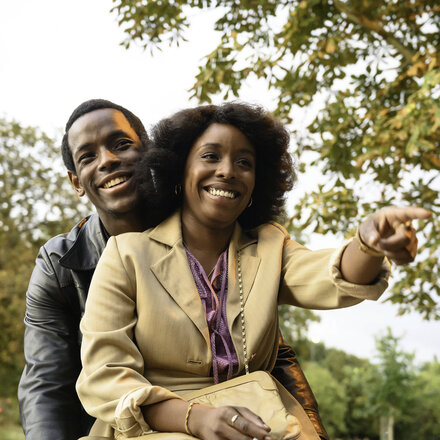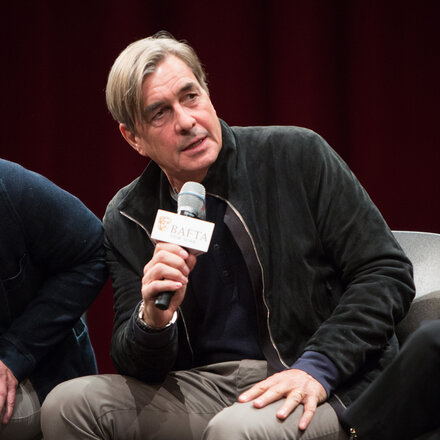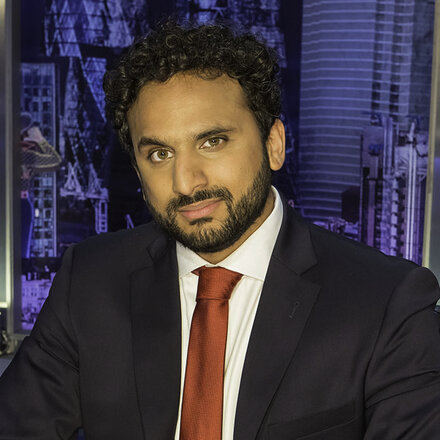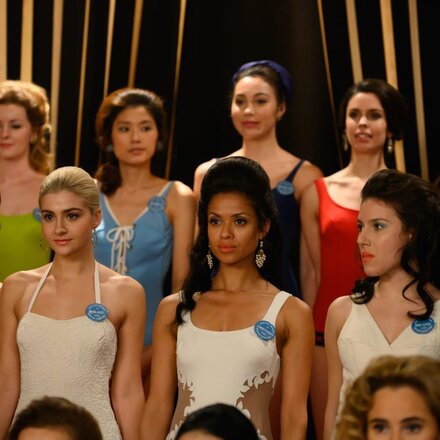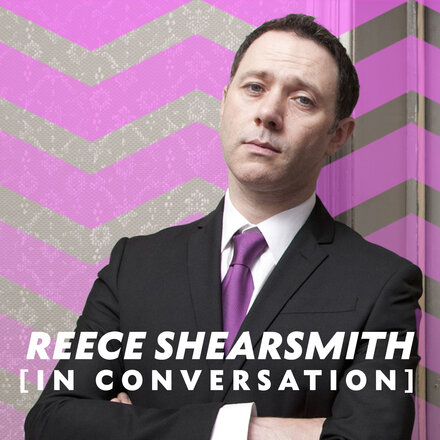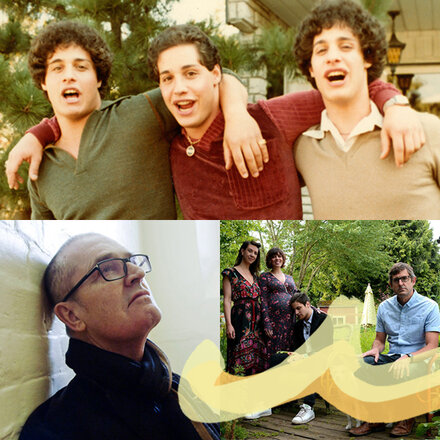
Diarmid Scrimshaw: Interview
The Tyrannosaur producer on how he broke into the film industry, what he looks for in a project and his advice to aspiring filmmakers.
Published on 7 February 2012.
What first inspired you to get into your craft?
When I was 14 years old, or so, I used to hang out with a gang of petty criminals who lived near me. They were fun and I enjoyed spending time with them. I think they liked me because I taught them some acrobatics and we went roof running and things. Anyway, I went to the cinema with one of them one night and we saw The Accused. We came out of the cinema and my pal said “You know, I always used to think that if you raped a woman she’s got to enjoy it a bit because she’s getting free sex right? But watching that film I don’t know now, maybe that’s not right”. Apart from being astounded that that was his attitude, I was really struck by how the film had made him think again about something as significant as rape. I think cinema’s capacity to affect people is what initially drew me to it.
How did you first break into the industry?
I didn’t have any connections in film so I just steadily worked my way in. It’s been a combination of intention and taking opportunities when they arose that has driven me forwards. My rule of thumb is that if an opportunity scares me then I go towards it. You can release a lot of energy when you overcome fears. My first paid job was as a script supervisor working for the brilliant Jules Hussey. I then moved into script supervising and editing. A significant step was working on This Is England. I met Mark Herbert on that film and he invited me to join Warp as a producer. I’d never considered producing as an option really but the way he produces is really impressive; he’s creative and fun. I guess he saw something in the way I worked with Shane that showed potential so he took a punt on me.
Which professional figure in your field do you find the most inspiring?
Paddy [Considine]’s inspiring; he’s an incredible person, an astounding writer/director and a real force of nature. He absolutely knows who he is and what he wants. He’s very powerful and I’m proud to be working with him. I think Tanya Seghatchian’s very impressive. She Produced My Summer Of Love and some of the Harry Potter films. That combination of art house intent combined with commercial reach is spot on to my mind. Peter Carlton is cracking as well. He’s very skilled, has a great humanity and is really fun to work with.
If you hadn’t managed to break into your field, what was your plan B?
I’ve never really had a plan B. I’ve always been lucky enough to have a strong sense of what I’ve wanted to do, so I’ve just pursued that. I did win a music scholarship to the secondary school I went to (a massive left wing comprehensive). I love music and composed for a while; I could have led a very happy life in music.
I don’t think I’ll always be a producer. If I pull this job off I’d like to spend the last few years of my life being a philanthropist. There’s a conversation to be had with people inside cinemas and then there’s people in the world who don’t have clean water to drink.
Which film/TV programme do you wish you could have worked on?
Festen’s great. It’s a film about a man who travels back to his family home for a celebration of his father’s life. When he gets to the birthday party he’s so disgusted by everyone’s praise of his father that he gives a speech outing him for the abuse his father gave him and his two sisters. The speech isn’t accepted by the people at the party, so the stakes get higher as he has to fight to be heard. I love bravery in stories and people putting themselves in danger for the truth. Festen’s astounding, the personal risk in it is so high that it’s really compelling without an explosion, car chase, bag full of diamonds or anything like it in sight. It’s a gripping film and was made for pennies.
What single piece of advice would you give to a person trying to break into your discipline and get noticed? How do you stand out from the crowd?
Film producers come from all kinds of backgrounds, I don’t think there’s one good way into it. People come to it from the arts, or they start as floor runners, or come from rich backgrounds, or go through film school. I think there are lots of ways in. The main things are to be enthusiastic, learn quickly and to persevere.
I have a three question rule when I’m deciding whether or not I should do a project:
1. Do I believe the film is a good piece of work to put into the world?
2. Will it help me to get where I want to go?
3. Will the project be financially rewarding?
I want my projects to fulfil at least two of those three criteria (and to be fun for everyone involved).
On the standing out from the crowd front I think being visible is overrated. Personally I’d just rather focus on doing good work, with good people and enjoying the ride. Awards and recognition are all well and good, and if people whose opinion you care about rate you then great, but at the end of the day it’s the work that matters.
Were there any people who supported/mentored/championed you in the early stages of your career? How important are these kinds of relationships?
I’ve experienced kindness and generosity from a lot of people in the film industry. It has a reputation as a cutthroat environment but that’s not how I’ve found it. There have been many unsung heroes in my career to date. I mentioned a few earlier but I could add Sue Bruce-Smith and Katherine Butler at Film4 – they’re both clever, compassionate and supportive. There’s the brilliantly incisive Paul Grindey (now at Olswang) and Ben Roberts and Bridget Pedgrift at Protagonist who both work tirelessly on projects with a real grace. I think the teachers you have as a child are probably as important as professional mentors and supporters. I had some amazing teachers like Mary Massey and Diana Moylan who opened my eyes and mind without forcing me to see the world their way.
How do you think the UK film/TV industry will change in the next few years?
I think it’s an exciting time in UK cinema, there’s a new wave of independent producers who want the British Film Industry to break out of its cottage industry shackles. We’re making films that are getting a lot of attention locally and internationally, films that are making waves either critically or commercially or both. This country is blessed with some incredible writers, directors and actors. I think if we continue to get the right support we can make some incredible films. I am interested in spending the next few years making high quality work that’s thrilling, gripping and that audiences really want to see.
Find out more about the Outstanding Debut Award presented in honour of Carl Foreman.

